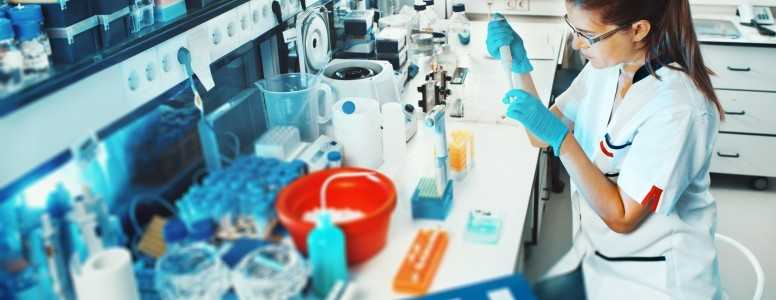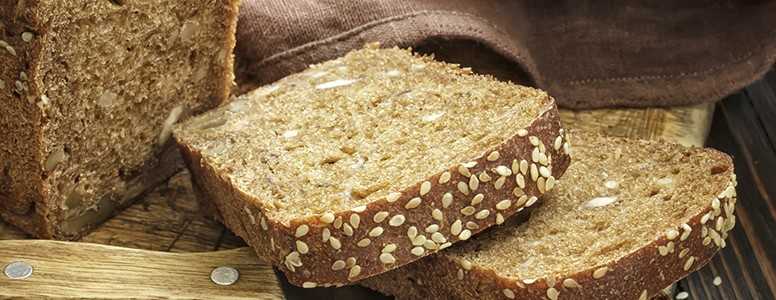New patients are being enrolled and are trialling a promising treatment for type 1 diabetes known as encapsulated islet cells.
The ‘Cohort 2’ part of a currently-running trial from the California company, ViaCyte, is now underway. The first participants in this cohort (group of participants) have been implanted with the islet cells treatment known as PEC-Direct.
The treatment involves having living islet cells implanted into the body. The treatment differs from regular islet cell transplantation as the cells are encased in a pouch which can be removed from the body.
The treatment involves surgery to implant the pouch and those involved in the study need to take immunosuppressant drugs to help prevent the immune attack of type 1 diabetes from killing off the implanted cells too quickly.
Up to 40 participants with type 1 diabetes will take part in the trial. The participants selected are those that have hypo unawareness, that puts them at high risk of developing severe hypoglycemia (dangerously low blood sugar levels).
The Cohort 2 part of the trial is larger than the initial Cohort 1, which involved up to 15 participants. The trial is designed to test the safety of the treatment, how well tolerated by the participants it is and how effective it is at treating type 1 diabetes.
Within the trial, the patients with type 1 diabetes are implanted with several of the pouches filled with living islet cells. Each pouch is smaller than a credit card. The researchers will remove to inspect the pouches at intervals during the trial. This allows the researchers to monitor how the cells are behaving and how well the cells are surviving within the body.
The immunosuppressant drugs that the participants will need to take increase the risk of developing infections. Participants with a high risk of severe hypoglycemia have been chosen to take part in the study as it provides the chance for the treatment to provide a significant benefit despite carrying risks of infection.
The clinical trial is set to be completed in December 2020.
What's new on the forum? ⭐️
Get our free newsletters
Stay up to date with the latest news, research and breakthroughs.





